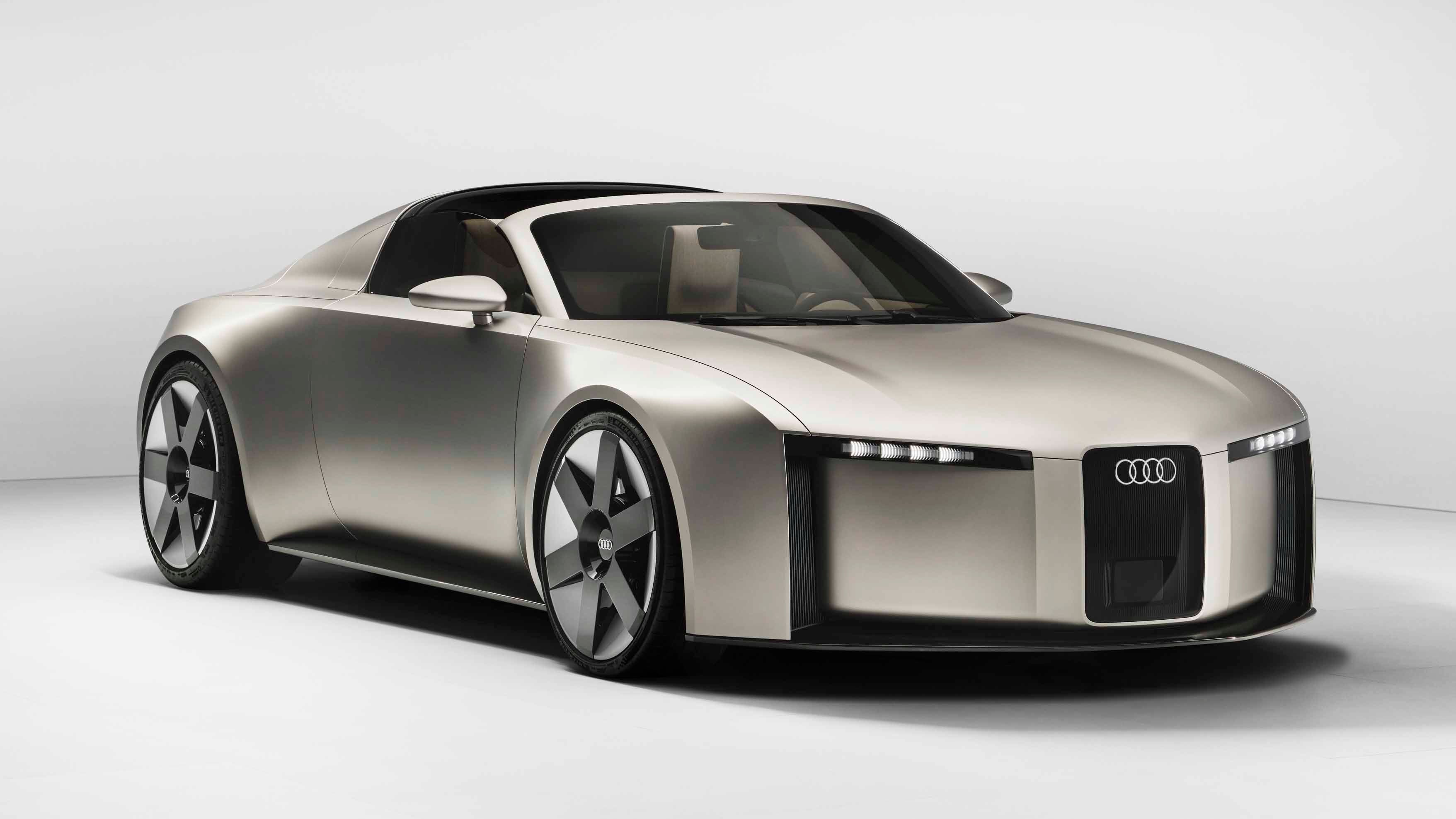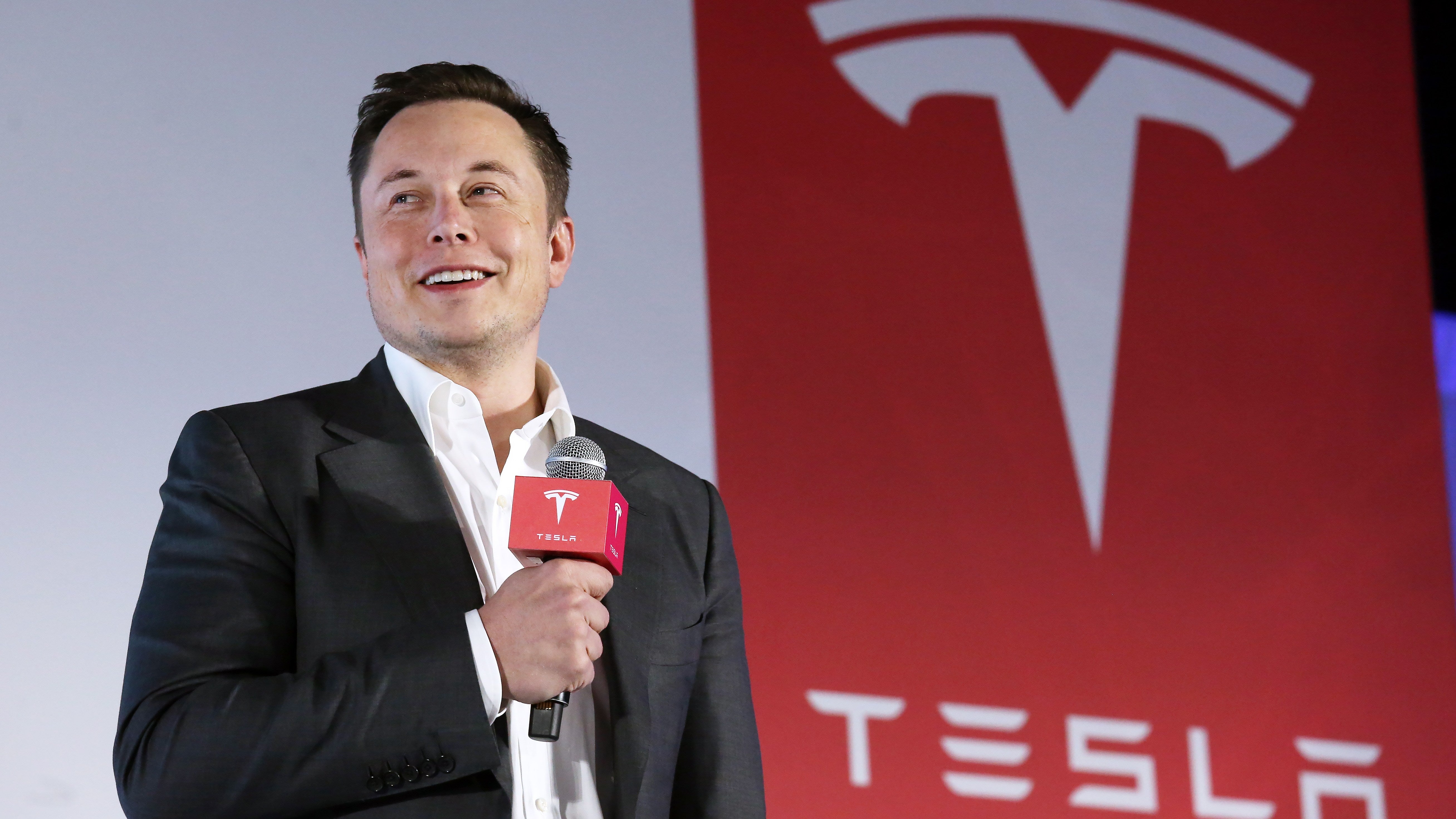There was once a time when Audi design ruled the world. From the mid-1990s through the early 2010s, the German automaker produced a string of icons that seemed untouchable in their style: the original A4 sedans, the second-generation A6, the stunning TT coupe, the groundbreaking R8 supercar, and the sleek A7 Sportback. Each was a design home run, and collectively they defined Audi as a leader in automotive aesthetics.
In recent years, however, the story has shifted. Audi’s new EVs, like the Q6 E-Tron, may be technically impressive, but their design language has been described as busy, complex, and sometimes forgettable. Even the upcoming A6 E-Tron sedan, while sharper, hasn’t drawn the same kind of design praise once synonymous with the brand.
That may be about to change. Enter the Audi Concept C — a fresh vision that signals a bold new era for Audi design and hints strongly at the company’s next EV sports car.

Radical Simplicity: Audi’s New Design Era
Audi’s press release describes the Concept C as the embodiment of “radical simplicity.” Chief Creative Officer Massimo Frascella, who joined the brand last year, says the philosophy is about clarity and timeless aesthetics rather than visual overload.
The Concept C’s design calls back to the days when Audi styling was celebrated worldwide. It features a sleek, minimal silhouette that evokes the original TT and R8, while also drawing inspiration from the legendary Auto Union Type C Grand Prix racer. The overall effect is futuristic yet familiar, a confident reminder that Audi still knows how to build cars that turn heads.
Key Design Highlights
-
Rear window delete: Like the Polestar 4, the Concept C abandons a traditional rear glass, replacing it with digital cameras. This creates a more sculpted profile and enhances aerodynamics.
-
Targa-style roof: A retractable panel adds drama and flexibility, reinforcing the sports car vibe.
-
Pixel-inspired lighting: Sharp LED elements echo Audi’s signature light language, but with greater elegance and less fussiness.
-
Material choices: Clean surfacing with fewer creases and visual clutter showcase Audi’s shift toward purity in design.
What It Could Become
Though Audi hasn’t detailed the Concept C’s powertrain, the lack of gear controls, tailpipes, or combustion cues makes one thing clear: this is an EV through and through. Most observers believe it previews Audi’s future compact electric sports car — a direct counterpart to the upcoming Porsche 718 Cayman and Boxster EVs being developed on a shared Volkswagen Group platform.
This strategy makes sense. By co-developing the platform, Audi and Porsche can spread development costs while offering distinct models. We’ve already seen this formula succeed with the Porsche Taycan and Audi E-Tron GT, both critically acclaimed for their performance and refinement.

Why It Matters
A production version of the Concept C could fill the gap left by the now-retired Audi TT, while also giving the brand a rival to Tesla’s ever-delayed Roadster. And unlike Tesla’s still-hypothetical “rocket thruster” promises, Audi is focusing on real-world design and engineering excellence.
If even a fraction of the Taycan or E-Tron GT’s performance DNA finds its way into the Concept C’s production form, enthusiasts are in for something genuinely exciting. Best of all, Audi might actually deliver this car before Tesla’s Roadster materializes — if it ever does.
In short, the Audi Concept C is more than just a show car. It’s a statement: Audi wants its design crown back, and it’s ready to remind the world that German elegance and electric performance can coexist beautifully.
Recommend Reading: Porsche Cayenne Electric to Debut in 2026 with Game-Changing Wireless Home Charging








Share:
The Hyundai Concept Three Previews the Future Ioniq 3 EV
Over 200 Pilot and Flying J Stations Now Offer EV Fast Charging